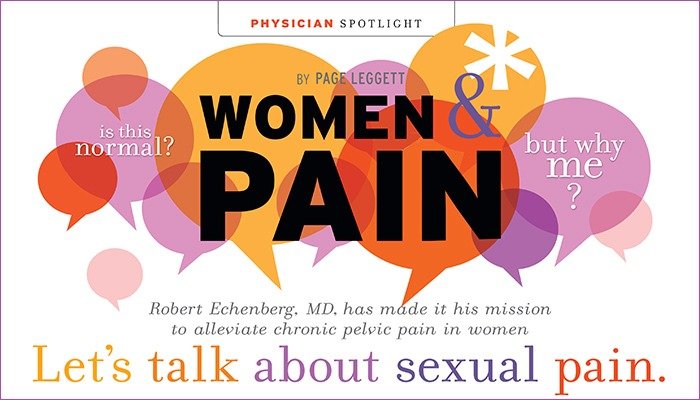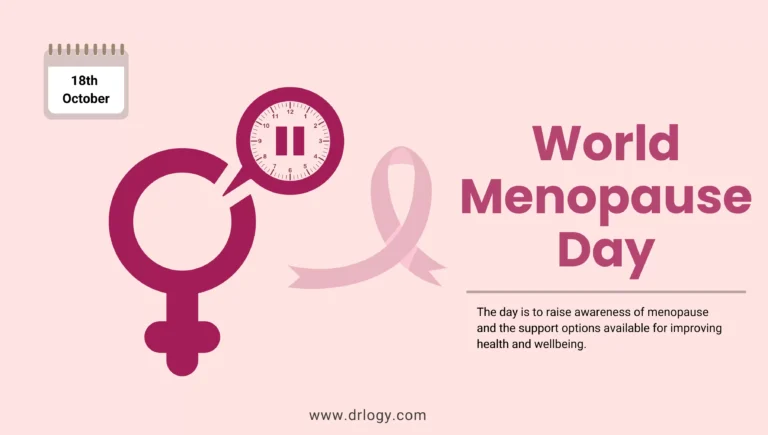Understanding the Safety of IVF Pregnancy: After How Many Weeks Is IVF Pregnancy Considered Safe?

In vitro fertilization (IVF) has revolutionized the field of assisted reproductive technology, offering hope to countless individuals and couples struggling with infertility. While the joy of achieving a successful pregnancy through IVF is immeasurable, it is natural for prospective parents to have concerns about the safety and well-being of their long-awaited child. One of the most frequently asked questions surrounds the point at which an IVF pregnancy can be considered secure, free from the increased risks often associated with fertility treatments. In this article, we delve into the intricate journey of an IVF pregnancy, exploring the critical milestones and the factors that contribute to a safe and healthy gestation.
The Early Stages: Implantation and Initial Development
The journey of an IVF pregnancy begins with the transfer of an embryo into the uterine cavity, a delicate process that requires precise timing and expert care. Once the embryo successfully implants in the uterine lining, the body recognizes the pregnancy, and hormonal changes begin to occur. During this initial stage, the embryo undergoes rapid cell division and differentiation, laying the foundation for the development of the placenta and the fetal organs.
While the implantation process is a significant milestone, the early weeks of an IVF pregnancy are still considered a sensitive period. The risk of miscarriage remains elevated compared to natural conceptions, primarily due to the advanced maternal age of many IVF patients and the potential for chromosomal abnormalities or other genetic factors.
The First Trimester: A Crucial Phase
The first trimester, spanning from week 1 to week 13, is a critical period for fetal development and the establishment of a healthy pregnancy. During this time, the embryo transitions into a fetus, and the placenta, which serves as the lifeline between the mother and the developing baby, begins to form.
For IVF pregnancies, the first trimester is often regarded as the most vulnerable stage. The risk of miscarriage is highest during this period, with estimates suggesting that around 20% of IVF pregnancies may end in miscarriage before the 13th week. However, it’s important to note that this risk is not solely attributed to the IVF procedure itself but is also influenced by factors such as maternal age, medical history, and the quality of the embryo transferred.
The Second Trimester: A Window of Relative Safety
As the pregnancy progresses into the second trimester, which spans from week 14 to week 27, the risk of miscarriage significantly decreases. During this phase, the fetus undergoes rapid growth and development, with major organs and systems forming and maturing.
For IVF pregnancies, the second trimester is often considered a window of relative safety. By this point, the placenta has fully established itself, providing essential nutrients and oxygen to the growing fetus. The risk of miscarriage drops to around 1-5%, similar to that of natural conceptions.
It is important to note, however, that while the risk of miscarriage decreases, other potential complications, such as preterm labor, gestational diabetes, and preeclampsia, can still occur during the second trimester. Regular prenatal care and monitoring are crucial to ensure the health and well-being of both the mother and the developing baby.
The Third Trimester: Approaching the Finish Line
The third trimester, spanning from week 28 to week 40, is the final stretch of the pregnancy journey. During this period, the fetus continues to grow and prepare for life outside the womb. The mother’s body undergoes significant changes as well, preparing for the upcoming birth.
For IVF pregnancies that have reached this stage, the risks associated with the fertility treatment itself are greatly diminished. The focus now shifts to monitoring the mother’s health, tracking fetal development, and ensuring a safe and healthy delivery.
While IVF pregnancies are generally considered safe once they reach the third trimester, it is still important to be aware of potential complications that can arise during this final phase. Conditions such as placental issues, fetal growth restrictions, and maternal health concerns may require closer monitoring and specialized care.
Factors Influencing the Safety of IVF Pregnancies
It is important to recognize that the safety of an IVF pregnancy is influenced by a multitude of factors, including:
1. Maternal age: Women over the age of 35 are at an increased risk of complications during pregnancy, including miscarriage, preterm birth, and chromosomal abnormalities.
2. Medical history: Pre-existing medical conditions, such as diabetes, hypertension, or autoimmune disorders, can impact the safety of an IVF pregnancy and may require additional monitoring and management.
3. Embryo quality: The quality of the embryo transferred during the IVF process can influence the risk of miscarriage and the overall health of the pregnancy.
4. Number of embryos transferred: Multiple embryo transfers increase the risk of multiple gestations, which can lead to complications such as preterm labor and low birth weight.
5. Assisted hatching: Certain techniques used during the IVF process, such as assisted hatching, may slightly increase the risk of monozygotic twinning and potential complications associated with multiple gestations.
6. Fertility medications: The use of fertility medications, such as those used for ovarian stimulation, can increase the risk of ovarian hyperstimulation syndrome (OHSS) and other potential side effects.
Addressing Concerns and Promoting a Healthy IVF Pregnancy
While the journey of an IVF pregnancy can be filled with excitement and anticipation, it is natural for prospective parents to have concerns and questions about the safety and well-being of their child. Open communication with your healthcare provider is crucial to addressing these concerns and ensuring a healthy pregnancy.
Regular prenatal care, following recommended lifestyle modifications, and adhering to prescribed medications or supplements can all contribute to a positive outcome. Additionally, seeking emotional support and engaging in stress-reducing activities can help manage the emotional challenges that may arise during this unique journey.
Conclusion
The safety of an IVF pregnancy is a multifaceted topic, influenced by various factors and milestones throughout the gestational period. While the early stages pose an increased risk of miscarriage, the second and third trimesters generally offer a window of relative safety, with the risks associated with the IVF process itself diminishing significantly.
However, it is essential to recognize that every pregnancy, whether achieved through IVF or natural conception, carries its own set of potential risks and challenges. Ongoing monitoring, open communication with healthcare providers, and a commitment to a healthy lifestyle are paramount in promoting the well-being of both the mother and the developing baby.
By understanding the critical stages of an IVF pregnancy and the factors that influence its safety, prospective parents can better navigate this remarkable journey with confidence and a sense of empowerment. With the right support and care, the dream of a healthy and successful IVF pregnancy can become a reality.
Dr. Elizabeth Novello
Dr. Elizabeth Novello is a distinguished healthcare professional who has dedicated her career to the specialized field of pain-related healthcare. With a deep passion for alleviating suffering and improving the quality of life for those experiencing pain, Dr. Novello has become a recognized authority in her field. Dr. Novello’s journey in the realm of pain management began with her rigorous medical training, where she developed a profound understanding of the complexities surrounding pain and its treatment.
View All By Dr. Elizabeth






